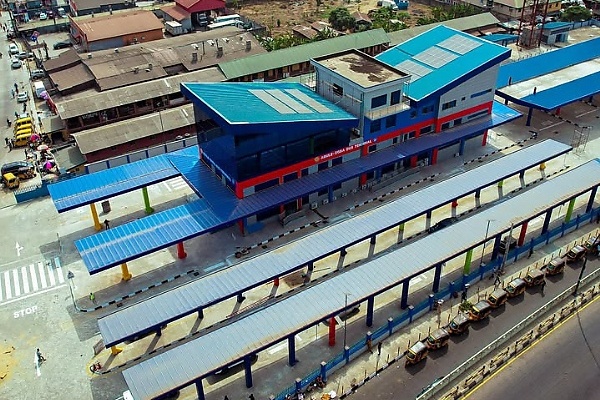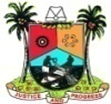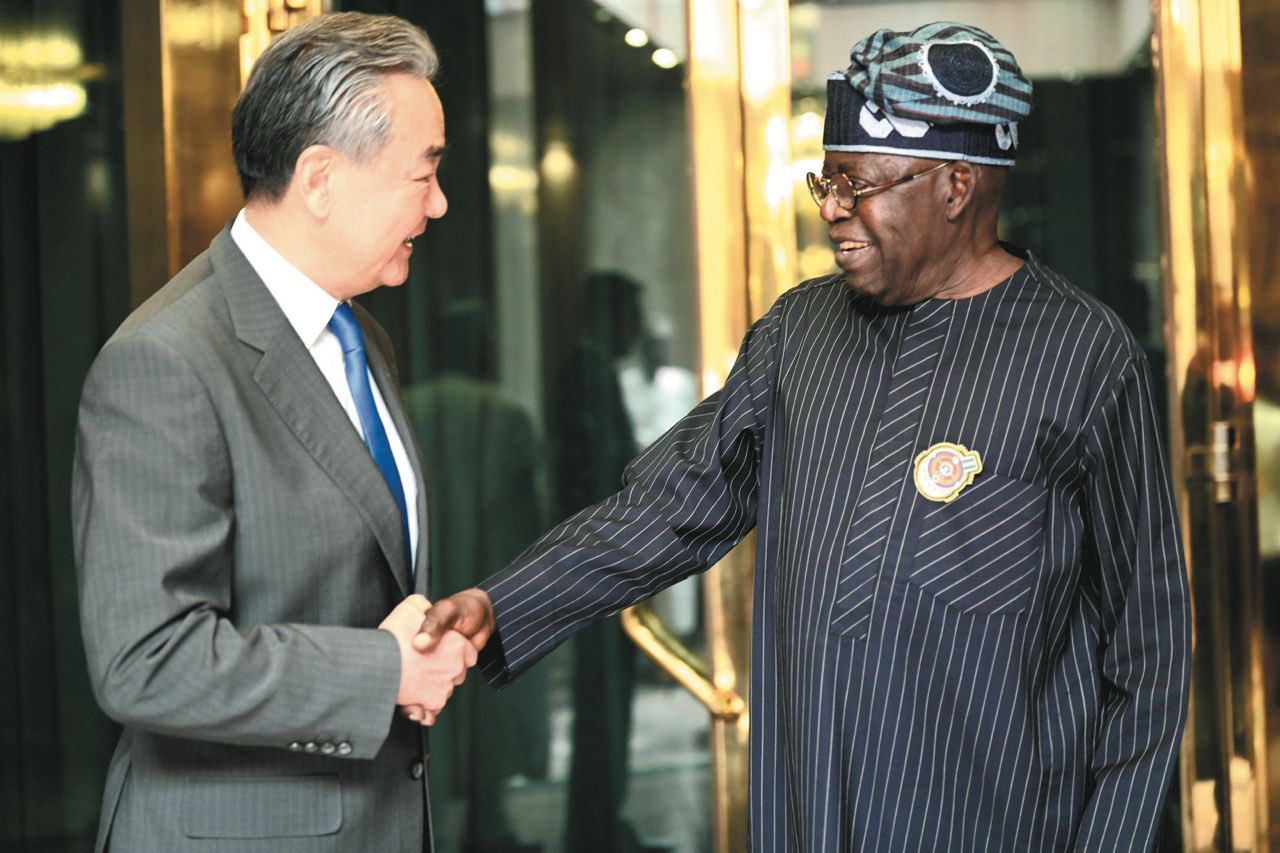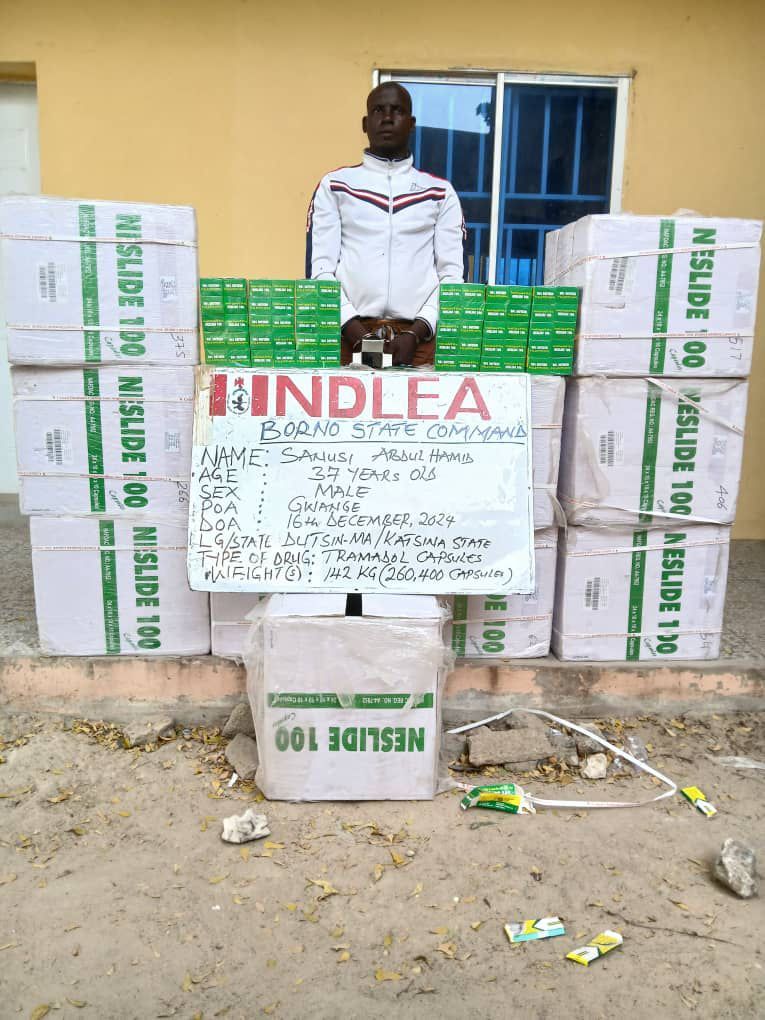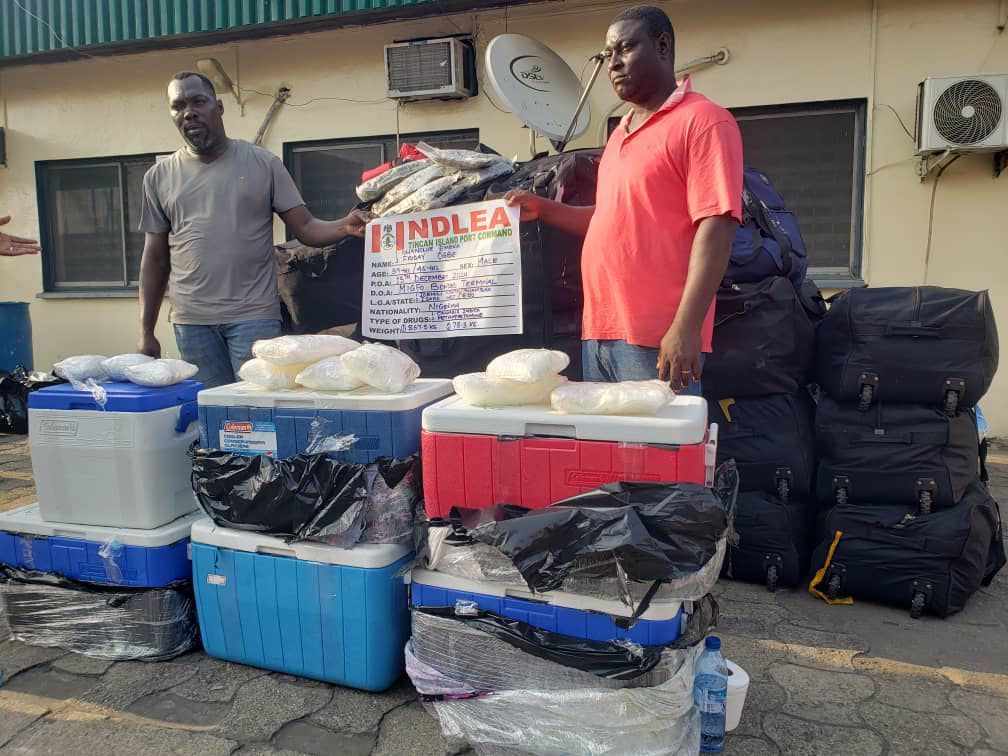The Manufacturers Association of Nigeria has said that 767 manufacturers shut down operations while 335 became distressed in 2023.
This came against the backdrop of exchange rate volatility, rising inflation and other economic challenges that have worsened the investment climate.
MAN stated this in a statement in which it condemned the recently introduced Expatriate Employment Levy by the Federal Government.
The association said it was struck with disbelief, seeing that the levy runs contrary to President Bola Tinubu’s Renewed Hope Agenda and the kernel of his Fiscal Policy and Tax Reform initiative.
According to MAN, the unintended negative consequences on the manufacturing sector are humongous and cannot be accommodated at this time of evident downturn in our economy.
The statement read in part, “The imposition of EEL poses a potential impact on the manufacturing sector and the economy at large.
“This will in turn mark an unwarranted and unprecedented addition to the cost of doing business in Nigeria, especially to manufacturers. The manufacturing sector is already beset with multidimensional challenges. In the year 2023, 335 manufacturing companies became distressed and 767 shut down.
The statement further noted that capacity utilisation in the sector has declined to 56 per cent amid rising interest rates and scarcity of forex needed to import raw materials and machinery.
It added, “Inventory of unsold finished products has increased to N350bn and the real growth has dropped to 2.4 per cent.”
MAN also said it was concerned that the EEL contradicts our international trade agreements and the obligations contained therein.
It argued that Nigeria is a signatory to the African Continental Free Trade Area agreement, which seeks to promote the free movement of skilled labour across the continent, which is complemented by non-discriminatory measures against fellow Africans.
The association expressed worry that the introduction of the levy could trigger retaliatory measures against Nigerians working across Africa and other nations of the world and may also frustrate regional integration efforts and portray Nigeria as a spoiler among her peers.
“We are equally worried that the imposition of such a levy could have far-reaching implications for our national economy and potentially exert pressure on our national currency could be introduced through a Handbook, rather than a law enacted by the National Assembly.
This levy, if not reversed, might expose the Federal Government to a plethora of lawsuits that would distract Government from the task of salvaging the current dire situation of our economy,” the statement added.
In its recommendation, MAN urged the president to direct that the implementation of the Expatriate Employment Levy be discontinued.
The Expatriate Employment Levy, a new policy introduced by the Federal Government aims to address wage gaps between expatriates and the Nigerian Labor force while encouraging skills transfer and the employment of qualified Nigerians in foreign-owned companies.
The new levy is $10,000 for staff and $15,000 for directors. This represents a significant shift from the $2,000 paid by foreign nationals for the Combined Expatriate Residence Permit and Alien Card.
According to NBS, Nigerian nationals constitute only 59 per cent of total jobs in Nigeria, their wages account for less than 45 per cent of total wages, and the average basic salary of expatriates stands at more than 45 per cent above the basic salary.
However, the introduction of the EEL has been met with strong criticism from members of Nigeria’s Organised Private Sector, who argue that the policy may negatively affect Foreign Direct Investments in the country.
In a statement signed by its Director-General, Chinyere Almona the Lagos Chamber of Commerce and Industry said it is concerned about the likely perception by foreign investors that the Nigerian government is not accommodating to foreign workers.
The chamber expressed concern that this perception would be harmful to our drive for Foreign Direct Investmentsninflow.
Punchng




































